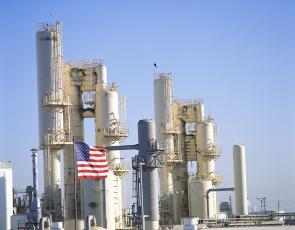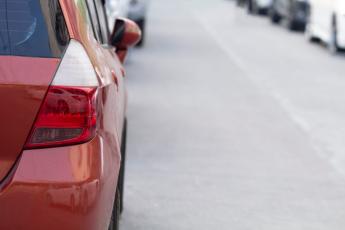WASHINGTON, D.C. — Today, a dozen organizations—the American Fuel & Petrochemical Manufacturers (AFPM), California Asphalt Pavement Association (CalAPA), California Manufacturers & Technology Association (CMTA), Consumer Energy Alliance (CEA), Domestic Energy Producers Alliance (DEPA), Energy Marketers of America (EMA), International Association of Machinists and Aerospace Workers, Port Arthur Lodge No. 823 (IAM), Louisiana Mid-Continent Oil & Gas Association (LMOGA), National Association of Convenience Stores (NACS), The Petroleum Alliance of Oklahoma (Petroleum Alliance), Texas Oil & Gas Association (TXOGA) and Western States Petroleum Association (WSPA)—filed a petition with the DC Circuit Court to sue the U.S. Environmental Protection Agency (EPA) over its regulation, finalized in March, that imposes an electrification mandate on the U.S. heavy trucking sector.
A statement from the American Fuel & Petrochemical Manufacturers (AFPM) on today’s filing is below:
“The EPA does not have authority under the Clean Air Act to restrict Americans’ access to or use of internal combustion engine technology. The Heavy Duty Vehicle (HDV) regulation finalized this spring aims to phase out trucks that run on American-made, American-grown diesel, biodiesel, renewable diesel and renewable natural gas. Americans will pay dearly because of it.
“This policy will increase costs for consumers, dramatically strain the U.S. electric grid, contribute to more traffic and congestion on roads, undermine our energy independence, and impact every sector of the U.S. economy. EPA, quite simply, cannot do something so sweeping on its own without express legislative direction from Congress.”
– Rich Moskowitz, AFPM General Counsel
A pre-file copy of the coalition’s brief is available here.
The American Fuel & Petrochemical Manufacturers (AFPM) is the leading trade association representing the makers of the fuels that keep us moving, the petrochemicals that are the essential building blocks for modern life, and the midstream companies that get our feedstocks and products where they need to go. We make the products that make life better, safer and more sustainable — we make progress.


